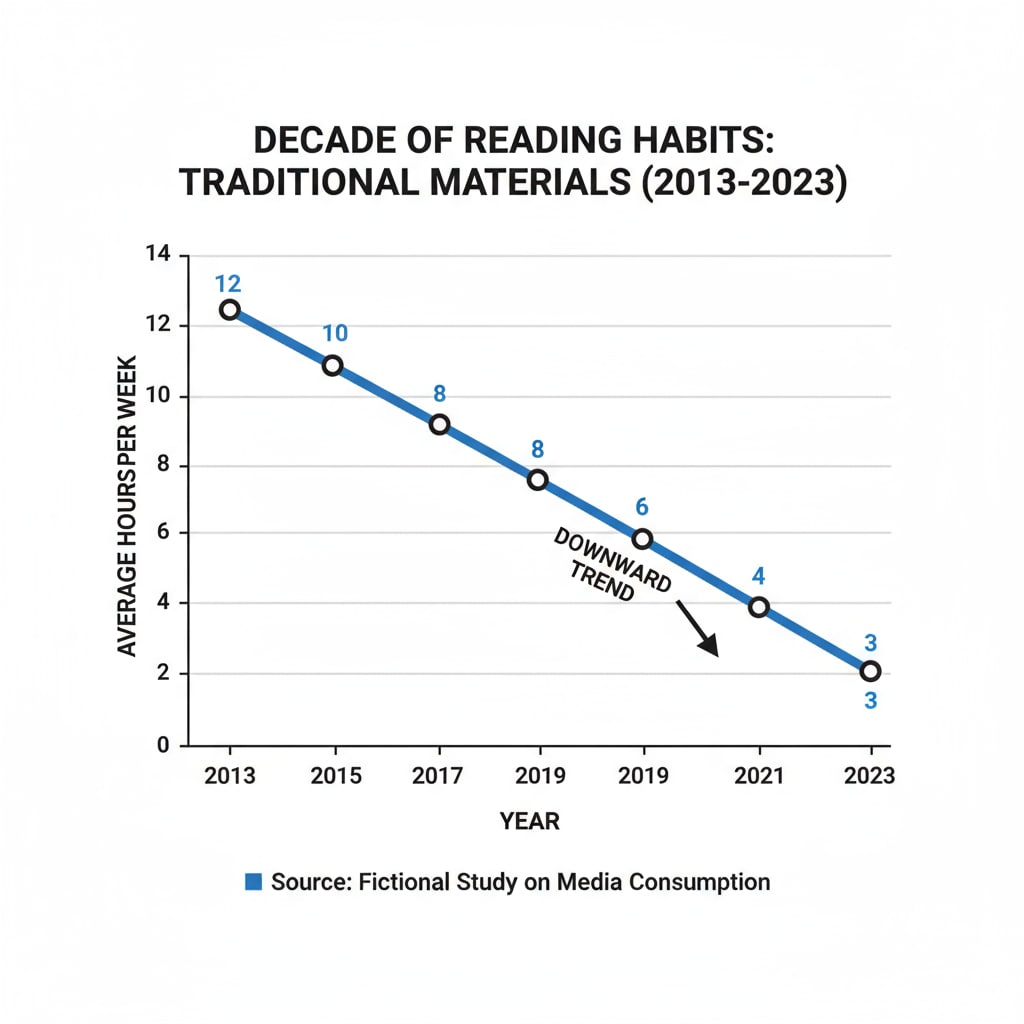The decline in literacy rates, democracy, and reading habits is a concerning issue in today’s digital age. As technology continues to advance, the way young people read is undergoing a profound transformation. While literacy rates may appear to be increasing on the surface, the ability for deep and critical reading is actually declining. This shift in reading habits has significant implications for the foundation of our democratic society.

The Changing Landscape of Reading Habits
In recent years, the rise of digital media has led to a significant change in how people, especially teenagers, consume information. Instead of sitting down with a traditional book, they are more likely to be scrolling through social media feeds, reading short snippets of news, or engaging in quick online content. According to Pew Research Center, the proportion of e-book readers has been steadily increasing, but the time spent on in-depth reading of literary works has decreased. This shift from long-form, immersive reading to fragmented, quick-content consumption is a key aspect of the changing reading landscape.

The Link Between Reading and Democracy
Reading has long been considered a cornerstone of a democratic society. When citizens read, they gain knowledge, develop critical thinking skills, and are exposed to different ideas and perspectives. This is crucial for making informed decisions, participating in public discourse, and holding leaders accountable. As Britannica states, democracy thrives on an educated and engaged citizenry. By reading books, people can explore complex social, political, and ethical issues, which helps them form well-rounded opinions. However, the decline in deep reading threatens this essential connection.
With the decrease in in-depth reading, people may lack the necessary understanding to analyze political issues, evaluate policies, or even recognize misinformation. This can lead to a less informed electorate, making it easier for undemocratic forces to manipulate public opinion. In addition, the lack of exposure to diverse ideas through reading can lead to a narrowing of perspectives, hindering the healthy exchange of ideas that is vital for a democratic society.
Readability guidance: The paragraphs above discuss the changing reading habits and the link between reading and democracy. The points are presented in a clear and straightforward manner, with short sentences and the use of external links to reliable sources. Transition words like “however” and “in addition” are used to connect ideas.


